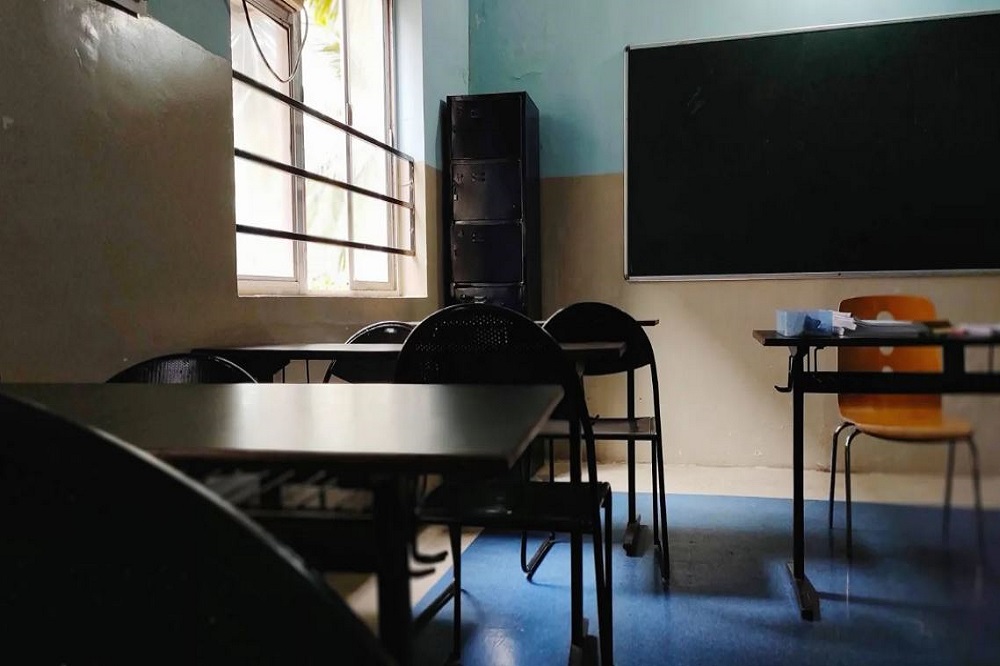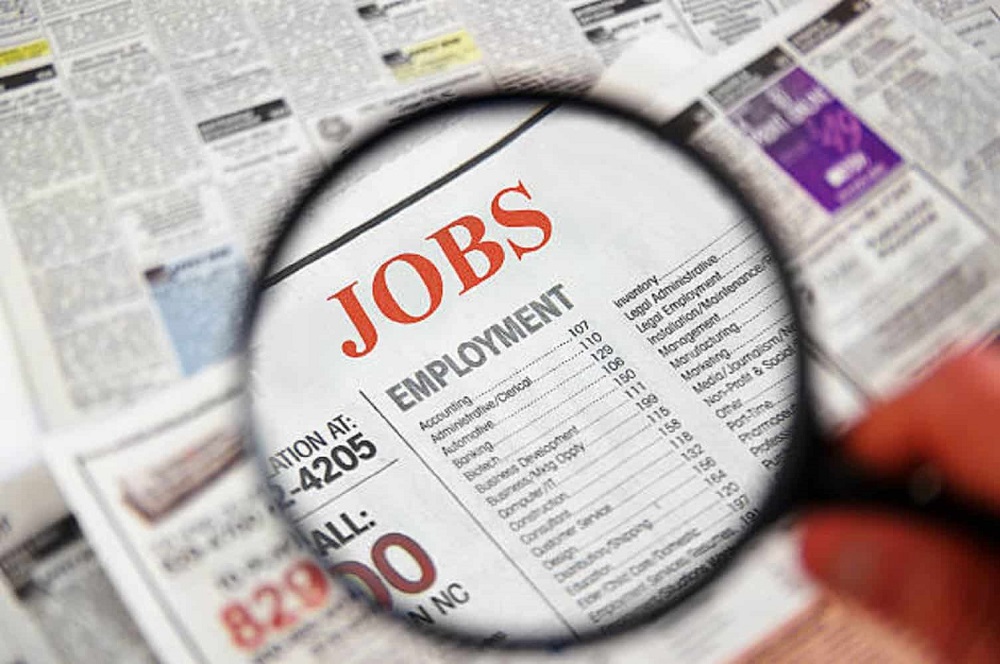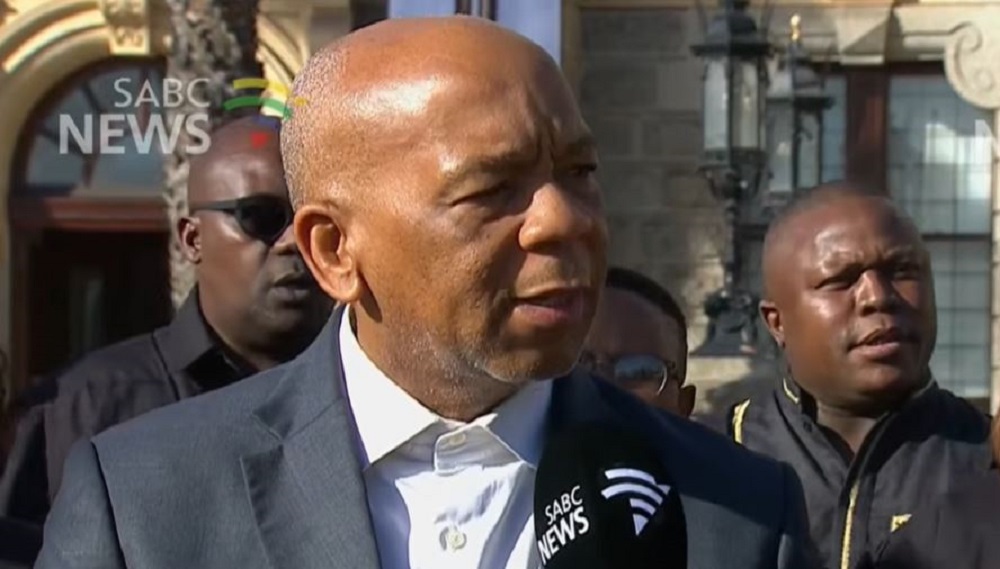-
FILE | Empty classroom.
The Independent Schools Association of Southern Africa (Isasa) has urged the government not to continue with the proposed tax law amendments in their current form.
This comes as Finance Minister Enoch Godongwana prepares to deliver his Mid-Term Budget Policy Statement (MTBPS) on Wednesday.
The National Treasury is proposing Value-Added Tax (VAT) amendments that could affect schools that offer services such as renting their facilities, running tuck shops and others.
The law proposes that if revenue from these services is above R1 million annually, schools are obliged to register as VAT vendors.
There is a growing concern that the proposed VAT amendments will lead to severe cash flow problems and operational challenges for many schools.
Some role players have stressed that the amendments will also push up fees.
Isasa Executive Director Lebogang Montjane says, “The impact is that it will increase fees for many member schools…So, really, it is important that this proposal should not go through because if this happens, parents will have to pay higher fees and that is not what we want for those parents who are paying fees at public schools, and for those parents who are paying fees at independent schools.”
Federation of Governing Bodies of South African Schools (Fedsas) Deputy CEO Riaan van der Bergh adds, “Most of the input costs at a school will be staff and the Value-Added (Tax) then makes the fact that the selling price increase for learners, for parents, for visitors at the school makes it a bigger burden on the school community, apart from the fact that it might raise costs of the products and services being rendered and sold by the school, there is an administrative burden, there is a specialised knowledge arena.”
Tax Expert Tiego Mokgobo says, “When the tax practitioner is doing calculations, he is going to use the methodology of proportionate and see how many percent are things called commercial and then based on that, let’s say is 95% commercial and then is going to calculate based on that, and then is going to deduct the input and then school will have to pay SARS.”
The VAT amendment is proposed to come into effect on January 1, next year.
VIDEO | Godongwana to present 2025 MTBPS amid skepticism:






